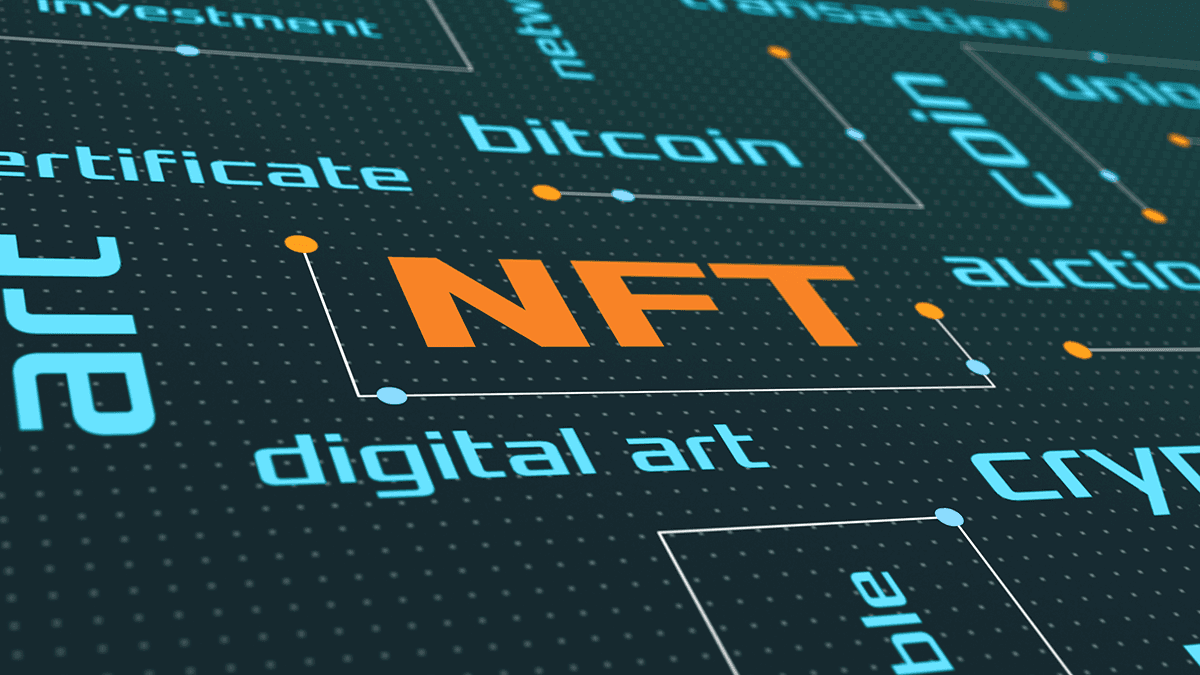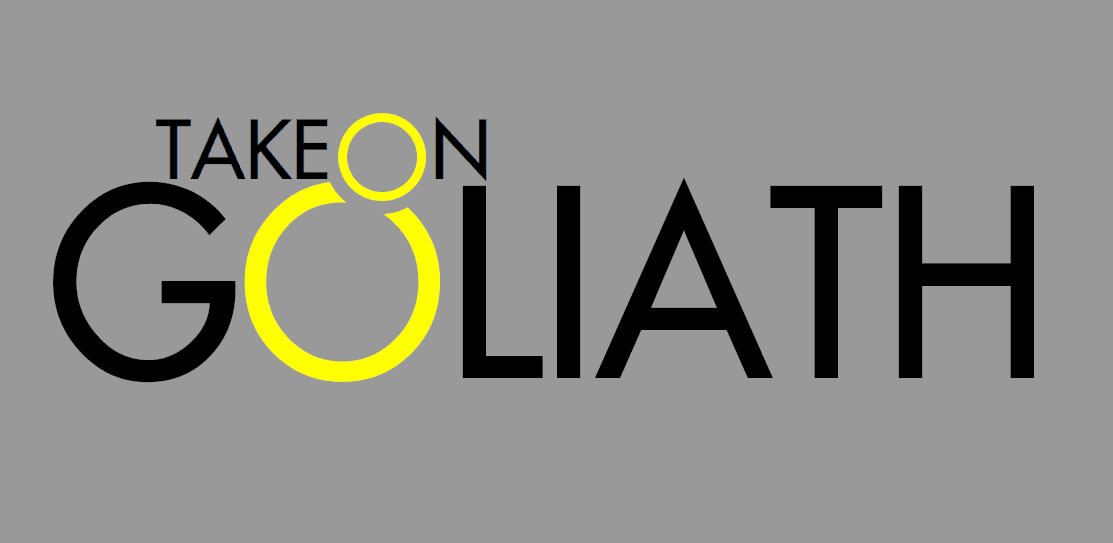
From Kimono, through #KimOhNo, to Skims: A branding nightmare for Kim Kardashian
#KimOhNo became a symbol of the backlash to Kim Kardashian’s attempt to register a trademark for her new line of shape wear, Kimono.
In trademark law, "unfair advantage" refers to a situation where a person or business gains an unfair commercial advantage over another by using a trademark that is similar or identical to an existing trademark. This can occur when a trademark is used to create a false association with the goods or services of another business or to exploit the goodwill or reputation of an established trademark.
For example, if a business uses a trademark that is similar to an existing trademark to promote its products or services, it could be seen as gaining an unfair advantage by benefiting from the established reputation and goodwill associated with the existing trademark. Similarly, if a business uses a well-known trademark in a way that misleads consumers into thinking that its products or services are associated with the owner of the trademark, it could be seen as gaining an unfair advantage by capitalizing on the reputation and goodwill associated with the trademark.
Unfair advantage is one of the factors considered when determining whether a trademark is likely to cause confusion among consumers. If a trademark is likely to cause confusion and is found to be gaining an unfair advantage, it may be subject to legal action, including cancellation or infringement claims.

#KimOhNo became a symbol of the backlash to Kim Kardashian’s attempt to register a trademark for her new line of shape wear, Kimono.

According to the Growth Trend Analysis and Forecast Report by MarketDecipher, the sports memorabilia market size will be US$26 billion in 2021, with NFT sports collectables currently estimated at US$1.4 billion, which is estimated to double its market size at a 100% growth rate and reach 2.6 billion in 2022. As a result, many professional NBA athletes such as Kevin Durant and King James LeBron are not missing an opportunity to further develop their personal brands by offering fans new ways to connect with them through ownership of unique digital assets.

“A lot of businesses focus on the product: what's good about the product, what makes the product so different, the unique selling proposition. You hear these phrases all the time. Take On Goliath looks at things a little differently. We go far enough back to see what's needed to support the consumer, the retailer, the wholesaler, and then the brand itself.” Read the full story of Dave Christie, the founder of Take on Goliath, another inspiring brand protected by Trama that helps SME businesses be seen and heard more.